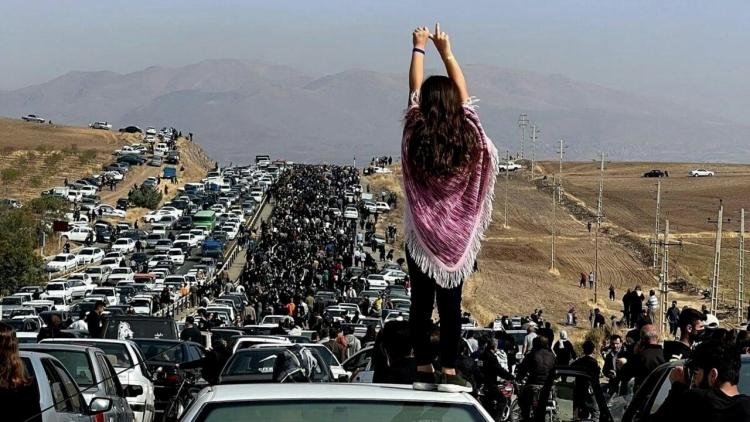Vaccine inequity on discussion at British Academy event at SOAS


Scientists, medical practitioners, social scientists and public health experts from around the world will come together at SOAS University of London to discuss how to meet the global challenges posed by COVID-19 and future pandemics.
The joint British Academy and SOAS conference, Resolving Global Vaccine Inequity: Innovation, Capabilities and Governance, will take place on 11-12 April and brings together leading experts to generate new interdisciplinary understanding to ensure that future health emergencies avoid the mistakes made during the COVID-19 pandemic.
The discussions will seek to address the urgent issues around vaccine inequity that disproportionately affected national response efforts in the Global South
The discussions will seek to address the urgent issues around vaccine inequity that disproportionately affected national response efforts in the Global South, including the manufacturing and roll out of vaccines, and which hindered the ability of low-income countries to improve living standards.
The line up of speakers includes the Director General of International Vaccine Institute in South Korea Jerome H. Kim; Professor Maria Bottazzi, Co-Director of the Center for Vaccine Development, Baylor College of Medicine; Petro Terblanche, Managing Director, Afrigen Biologics and Vaccines, and Padmashree Gehl Sampath, Special Adviser to the African Development Bank.
Conference organiser Christine Oughton, Professor of Management Economics at SOAS and Fellow of the Academy of Social Sciences, said:
“This conference is focused on improving our socio-economic understanding of the pandemic so that science and social science can develop solutions in tandem. We need greater understanding of why, in the presence of scientifically proven solutions to the Covid-19 pandemic, it remained difficult to implement them in a timely manner. Understanding the process of scientific knowledge transfer and adaptation of vaccines for local use is crucial.
“The impacts of the SARS-CoV-2 pandemic continue to pose potential threats for global public health and economies which must restructure to make up for the reduction in growth and lost income experienced during the pandemic. Public finances remain under pressure and health systems have been compromised. We need to learn how to improve our strategic preparedness and response for future pandemics.”
Photo credit: Yoav Aziz, Unsplash


